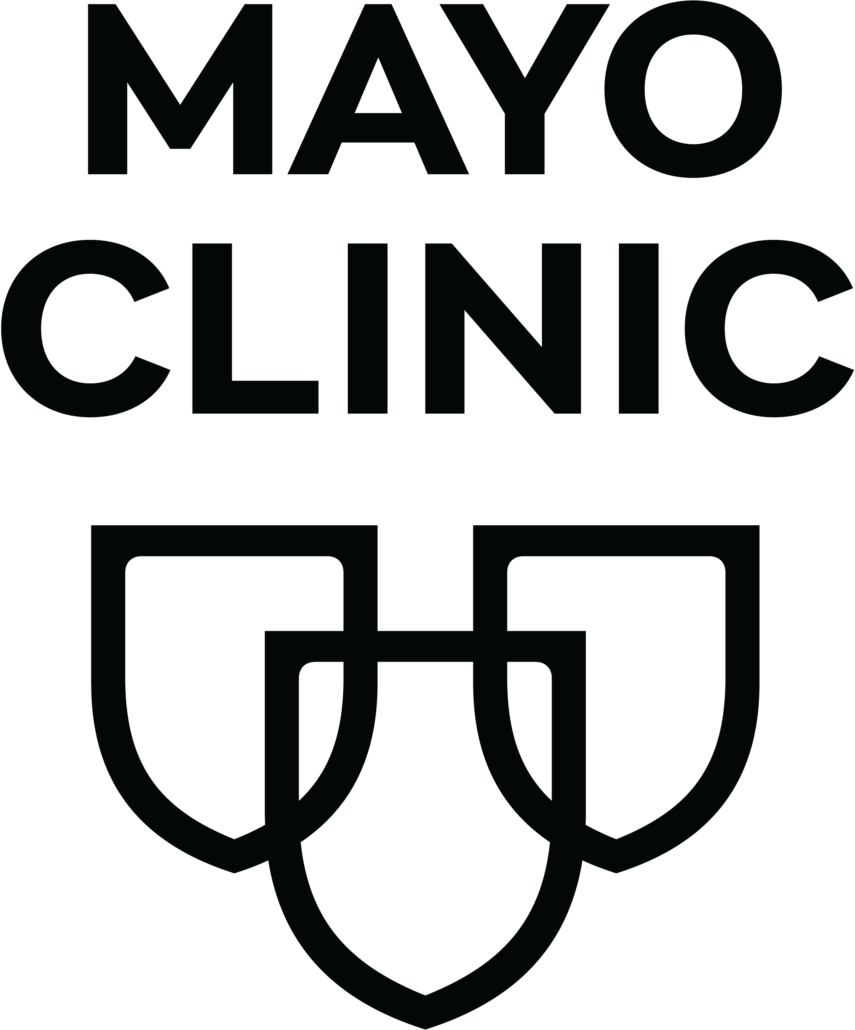Youth Depression Research Study
Researchers at Mayo Clinic are studying the feasibility, safety, and benefits of an investigational form of TMS treatment for suicidal ideation in adolescents with major depressive disorder.
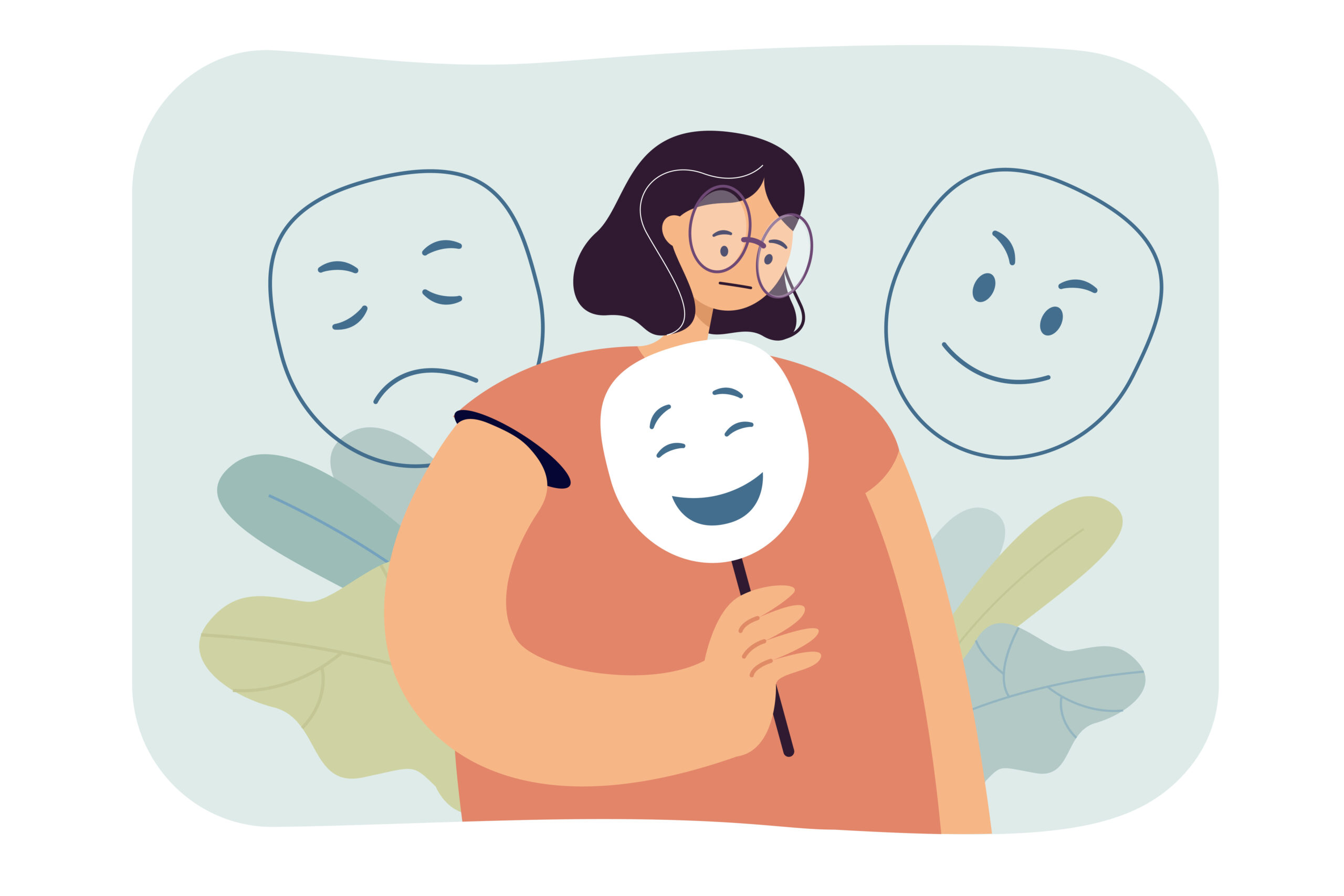
Fast Facts

Child Ages 12-18

Diagnosed with Depression

Conducted in Rochester, Minnesota
Study Background
Researchers at Mayo Clinic are studying an investigational treatment called sequential bilateral accelerated theta burst stimulation.
This is a new type of repetitive transcranial magnetic stimulation (TMS) that is delivered to both sides of the brain three times a day for 10 days. Participants in this study will receive an investigational treatment form of TMS or a sham (placebo) comparison while also participating in talk therapy. We hope to learn if this TMS treatment improves suicidal ideation over 10 days and clinical outcomes over 1 year of follow-up.
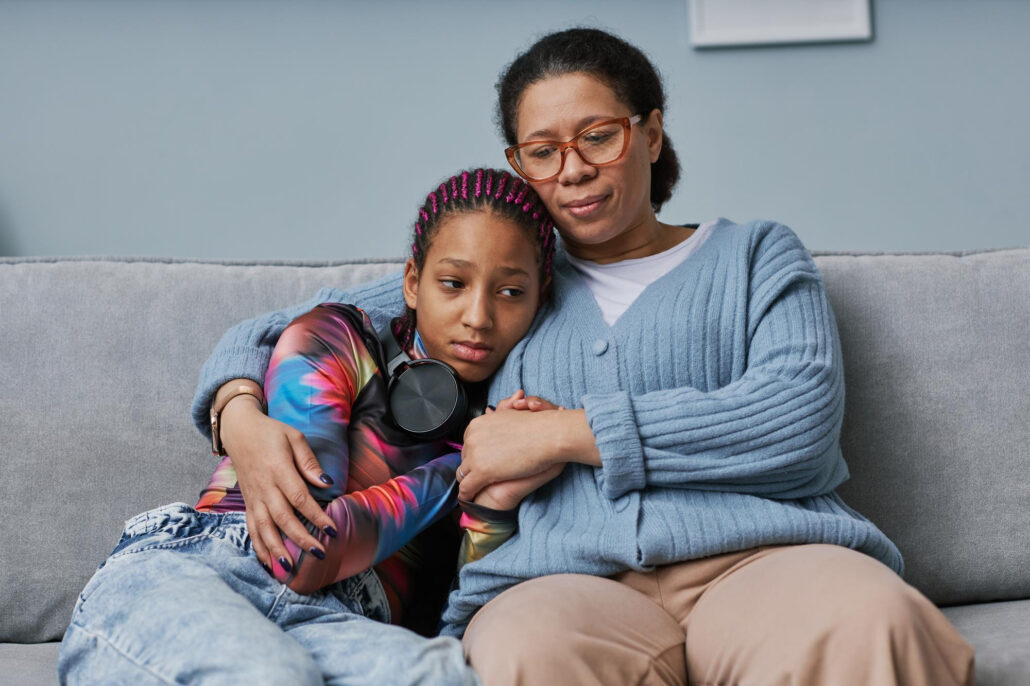
Study Background
Researchers at Mayo Clinic are studying an investigational treatment called sequential bilateral accelerated theta burst stimulation.
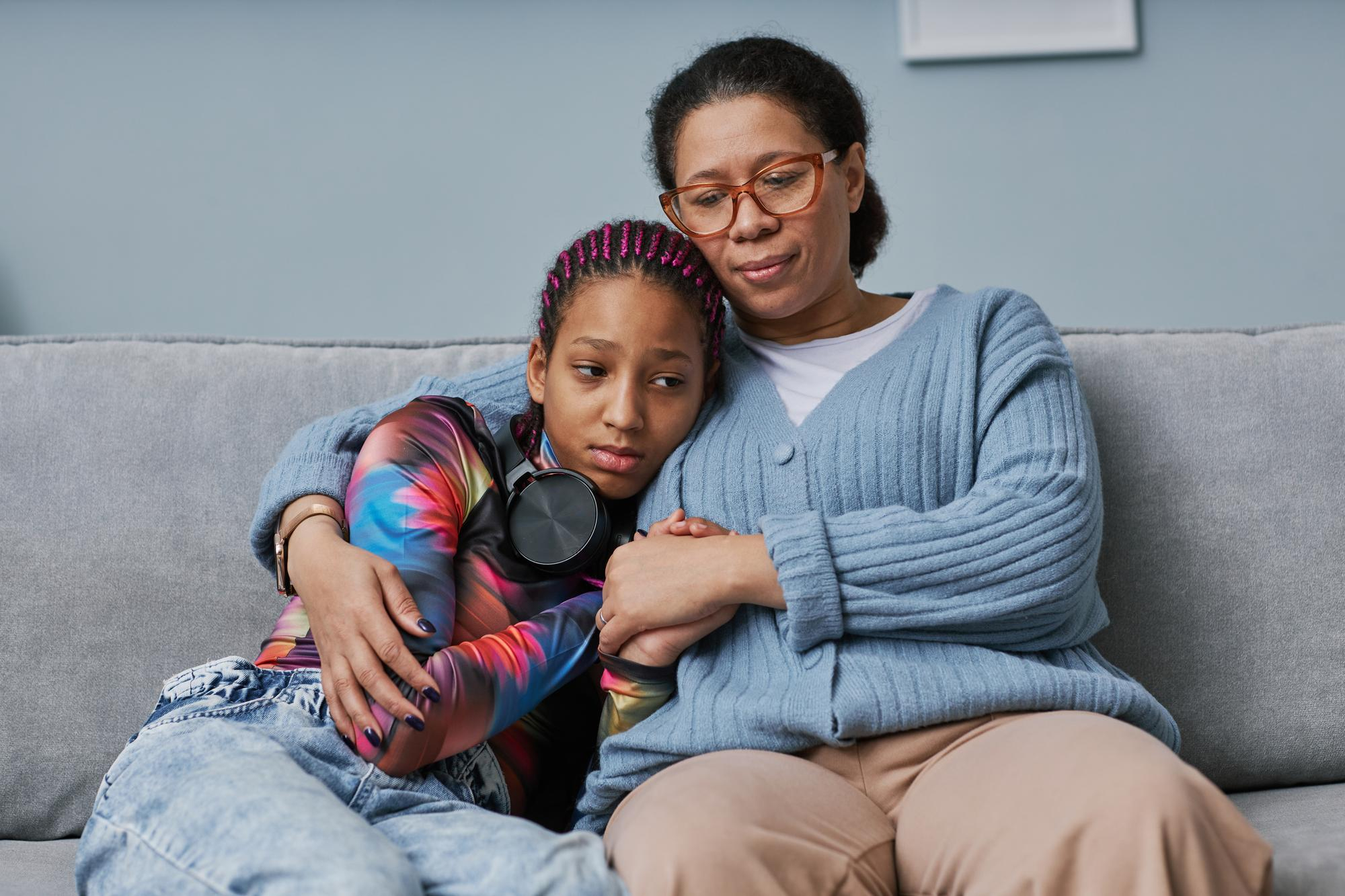
This is a new type of repetitive transcranial magnetic stimulation (TMS) that is delivered to both sides of the brain three times a day for 10 days. Participants in this study will receive an investigational treatment form of TMS or a sham comparison while also participating in talk therapy. We hope to learn if this TMS treatment improves suicidal ideation over 10 days and clinical outcomes over 1 year of follow-up.
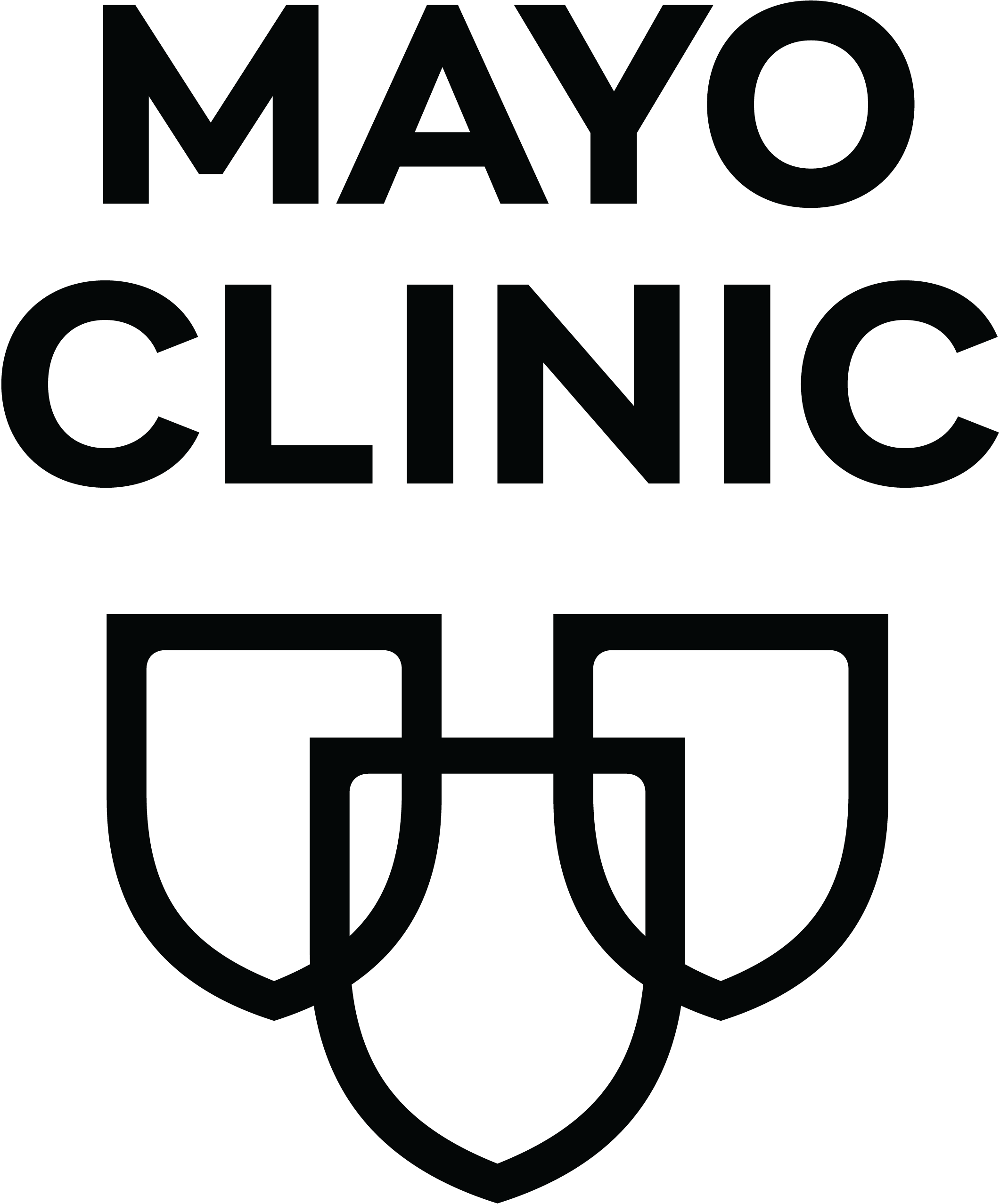
Additional Information
This study aims to determine whether this TMS investigational treatment improves suicidal ideation over 10 days and clinical outcomes over 1 year of follow-up.
You and your child may qualify for this study if you meet the following criteria.
Inclusion Criteria:
- Ages 12-18
- Diagnosed with depression
- Display signs of suicidal ideation
- No history of seizures
- No active substance use (e.g., nicotine, opioids, meth, cocaine)
- Not taking antipsychotic medication (e.g., Risperdal, Zyprexa, Seroquel)
- No taking stimulant medication (e.g., Ritalin, Concerta, Adderall)
If you and your child participate in this study, here is what you can expect:
- During the investigational treatment part of the study, you will have a screening and baseline visit, followed by 10 days of treatment, and finally a post treatment day.
- Each of these visit days are in person and could take up to 5 hours.
- Participation involves completing baseline assessment forms, brain measures, 10 days of treatment with TMS or a sham stimulation, talk therapy, and monthly follow up visits for one year.
- The follow-up appointments can be completed virtually.
Participants are paid $50 for the baseline day, $10 for each treatment day, $50 for the post-treatment day, and $10 for each monthly follow up visit. Participants can earn up to $320 if they complete all study visits.
There is no cost to be in the study, but costs of accommodations and travel is not reimbursed by the study.
